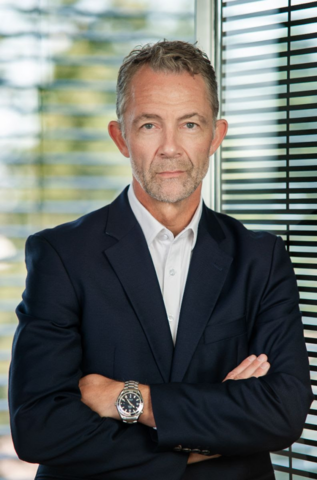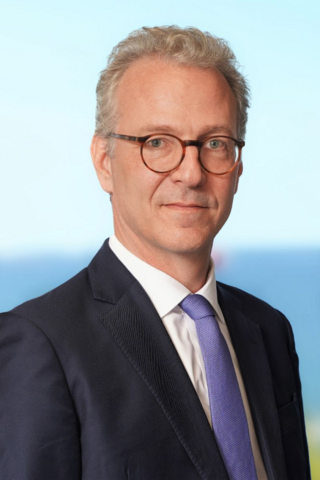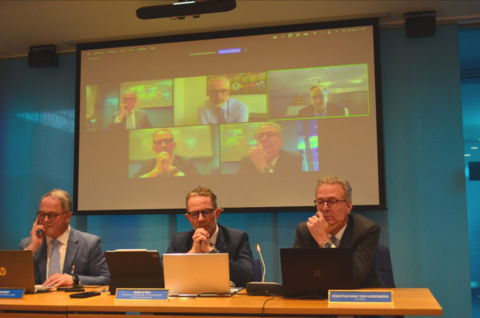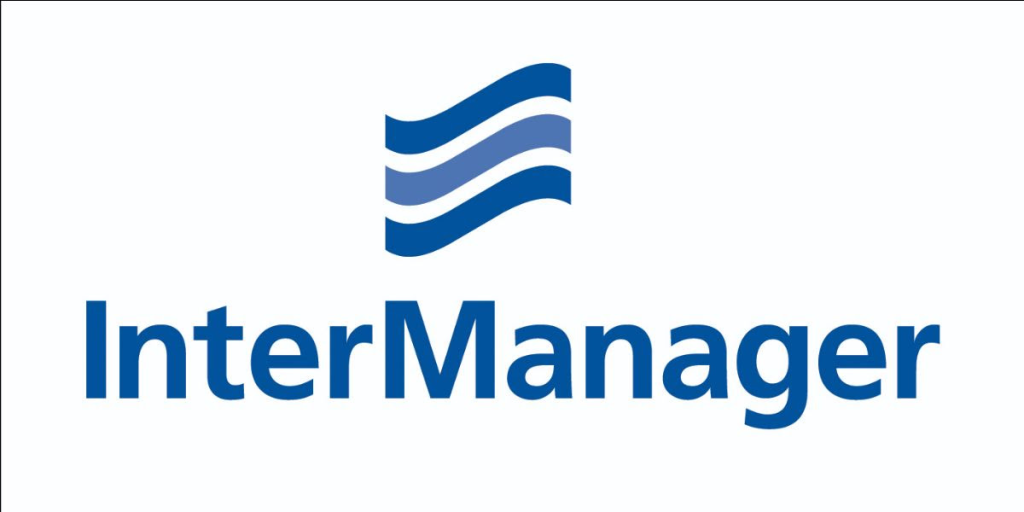
InterManager members have pledged their commitment to raising standards during the global shipmanagement association’s Annual General Meeting in London last week, during which Sebastian von Hardenberg, Chief Financial Officer (CFO) of Bernhard Schulte Shipmanagement (BSM), was unanimously elected to serve as Vice President.
Member companies are currently undergoing the initial self-assessment phase in relation to InterManager’s newly introduced General Principles of Conduct and Action which focus on three key areas: Care and Respect for People; Continuous Development and Optimisation; and Effective Safety Culture.
Leading shipmanagement firms are aiming to complete their self-assessments by April. Periodic and random independent and confidential audit will then follow in the future. They will also guide fellow members on the process which the association has stressed is straightforward and in line with ESG values.

InterManager President Mark O’Neil, CEO of the Columbia Group, commented: “The General Principles are aspirational and not a pass/fail situation. They demonstrate a commitment to improvement. InterManager’s intention is to lead the way on improving standards throughout our sector as we respond to the changing shipping landscape. We expect that shipping landscape to discern between those managers who abide by the General Principles and those who (for whatever reason) do not.”
The AGM, held at the headquarters of the International Maritime Organization on December 18th, was preceded by a dynamic debate between ship owners and managers to consider how to future-proof quality shipmanagement. During the in-depth 90-minute discussion, Mark O’Neil, Sebastian von Hardenberg, René Kofod-Olsen, CEO of V.Group, and Andrian Dacy, MD and Group Head, Global Transport Group, JP Morgan Asset Management, examined the role ship managers can play as the shipping industry evolves, particularly in relation to environmental measures, digitalisation, and crew recruitment, safety and training.

Mr Dacy acknowledged that the majority of large ship owners still lean towards inhouse shipmanagement operations but noted that the opportunity now exists to further utilise shipmanagement services as the future unfolds. He pointed out that, particularly for small ship owners, confronting the challenges posed by decarbonisation goals is “not an easy task.”
Championing the development of shipmanagement service portfolios, Mark O’Neil said ship managers need to improvise, adapt and overcome. “Be ready, be nimble and be agile,” he urged.
Sebastian von Hardenberg agreed, commenting: “We have a crucial role to play. The complexities that we see in shipping are typically good for ship managers.”

Noting the speed at which the shipping industry is evolving, René Kofod-Olsen observed “It’s changing fast. I do not believe there has been a time of more changes than this in our lifetime.”
Third party ship managers currently manage some 20% of the global fleet. President Mark O’Neil stated: “To grow from that level we have to aspire for better – and that’s where our General Principles come in.”






